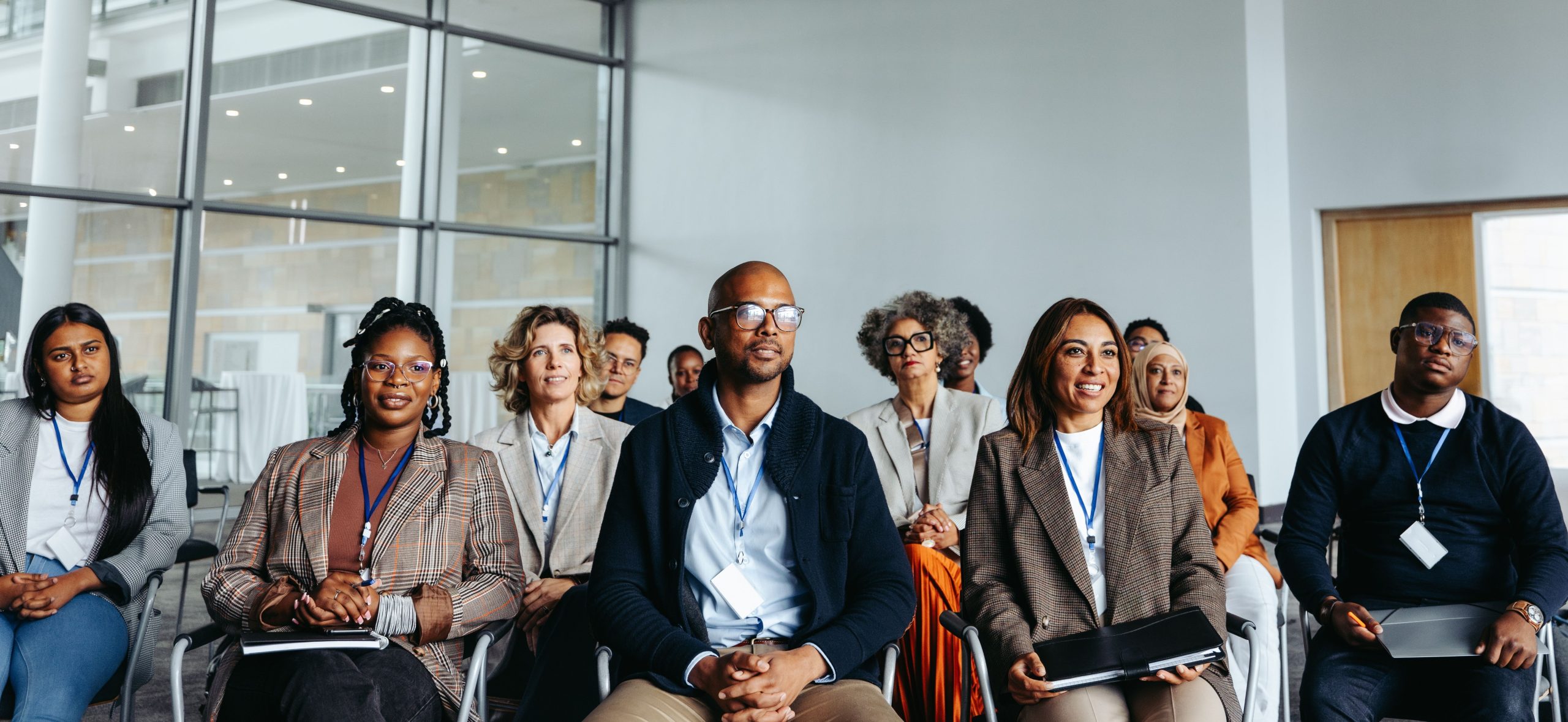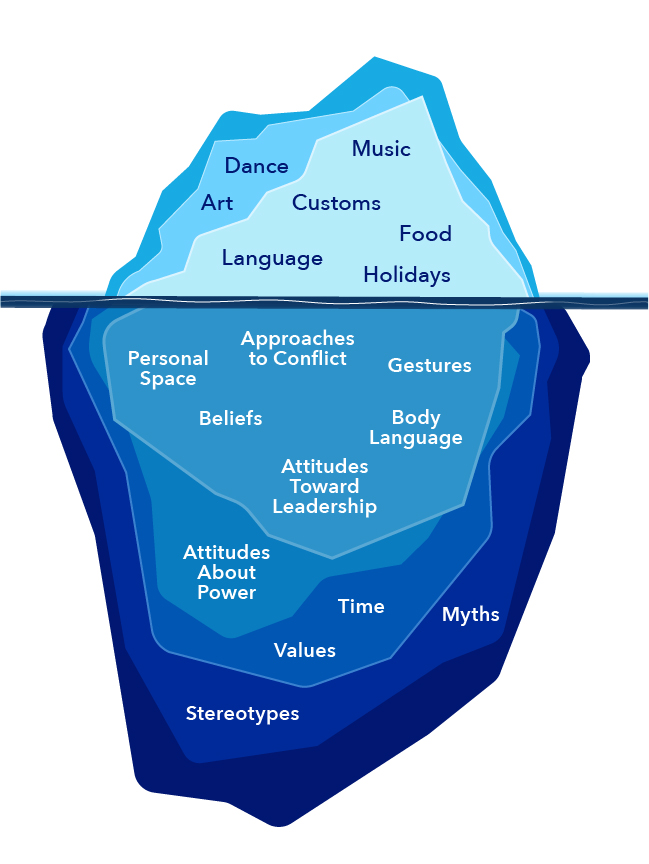 Embracing Diversity: A Key to Business Success in the 21st Century
Embracing Diversity: A Key to Business Success in the 21st Century
By Dr. Mark Smutny, President, Civic Reinventions, Inc.
In today’s globally interconnected world, the importance of embracing diversity within the business community cannot be overstated. Chambers of Commerce and other business associations play a crucial role in fostering this inclusive environment, particularly in communities that include first-generation nationals from regions such as India, Pakistan, China, Southeast Asia, the Middle East, Ukraine, Russia, and Latin America.
A diverse business community brings a wealth of perspectives, ideas, and experiences that can drive innovation and success. However, to fully harness the potential of this diversity, it is essential for business associations to actively engage and support their diverse members. One effective way to achieve this is through the implementation of workshops that help individuals recognize and address unconscious biases and stereotypes.
The current effort led by President Donald Trump to denigrate diversity, equity, and inclusion (DEI) programs is not only morally wrong but also lacks basic business sense. Because so many cities and towns across America are diverse, it is akin to an ostrich burying its head in the sand to stop engaging in effective DEI training and hiring practices.
Workshops focused on unconscious bias and stereotypes are pivotal in strengthening understanding across different cultures. These sessions provide valuable insights into the differing cultural assumptions about conflict resolution, leadership, and communication styles. For instance, in some cultures, direct confrontation may be seen as disrespectful, while in others, it is viewed as a sign of honesty and transparency. Similarly, cultural norms around who speaks and who does not in meetings can vary widely, influencing how decisions are made and how leadership is perceived.
A valuable tool in understanding these cultural differences is the Iceberg Model of Culture, first described by sociologist Edward T. Hall. According to this model, much of culture is like an iceberg, with the visible aspects such as language, dress, and customs representing only a small portion of the whole. The larger, hidden part of the iceberg includes deeper cultural values, beliefs, and thought patterns. By recognizing and exploring these underlying cultural dimensions, business associations can foster a more inclusive and respectful environment.
In addition to workshops on unconscious bias, it is vital to facilitate conversations about race and racism that are highly interactive and experiential. These conversations should go beyond surface-level discussions and encourage participants to share their personal experiences, reflect on their own biases, and actively listen to others. This approach can help build empathy, understanding, and a commitment to equity and inclusion.
At Civic Reinventions, Inc., we are dedicated to helping organizations embrace diversity and foster inclusive environments. By working together, we can build stronger, more resilient business communities that thrive on the richness of their diverse members. For more information on our services and how we can support your organization, please contact me at mark.smutny@civicreinventions.com
